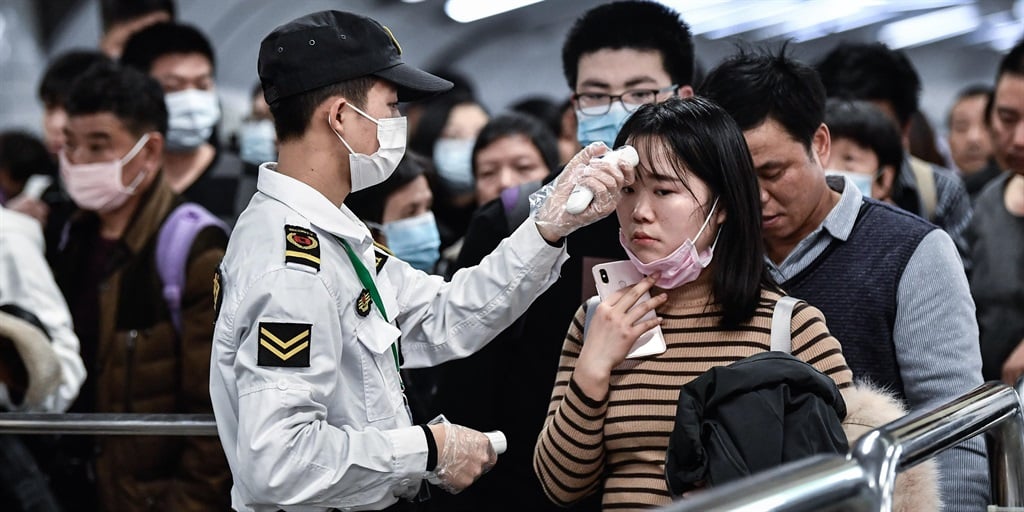
Kenyan patient admitted to hospital does not have coronavirus, government says
A Kenyan student who was admitted to the Kenyatta National Hospital in Nairobi after returning from China with flu-like symptoms, tested negative for the coronavirus, the Kenyan government has said.
Botswana and Kenya's health departments on Friday released statements confirming tests on "suspected" cases of the coronavirus, as countries remain on edge following the deadly outbreak which the World Health Organisation declared a global emergency.
In Kenya, a student who had arrived in the country, was quarantined at the Kenyatta National Hospital on arriving back from China, and according to a report by the country's Daily Nation news outlet the student tested negative.
The outgoing Health Cabinet Secretary Sicily Kariuki is quoted by the publication as saying: "I can confirm that results on the suspected coronavirus case sent to [labs in] South Africa for validation are negative."
In South Africa's neighbour Botswana, Health Minister Malaki Tshipayagae said in a statement dated January 31 a person displaying symptoms was put in isolation for tests at the Sir Seretse Khama International Airport in Gaborone "upon arrival from China".
"Investigations are ongoing," said Tshipayagae.
READ | Dead man lies on an empty street at China's virus ground zero
The virus, officially known as 2019-nCoV, spreads from human to human and infected some people who had not traveled to Wuhan, China, recently.
It has now spread to at least 20 countries worldwide. The vast majority of cases are in China, with almost 10 000 people in the country infected and over 200 dead.
Meanwhile in South Africa, Health Minister Dr Zweli Mkhize said there had been no confirmed cases of the coronavirus, News24 previously reported.
He told the media at a press conference on Friday his department is ready to deal with any possible reported cases.
ALSO READ | Cape Town teacher living in 'eerie' Wuhan: 'Some expats refuse to go out at all'
Mkhize added that 55 international travellers were screened at points of entry into South Africa and were found to have a fever.
However, none of them tested positive for the coronavirus.
"We have remained vigilant on the development regarding the movement and behaviour of the viral infection across the world and we continue to engage with the international academic fraternity to better understand how this virus behaves," Mkhize said.
- Compiled by Kamva Somdyala